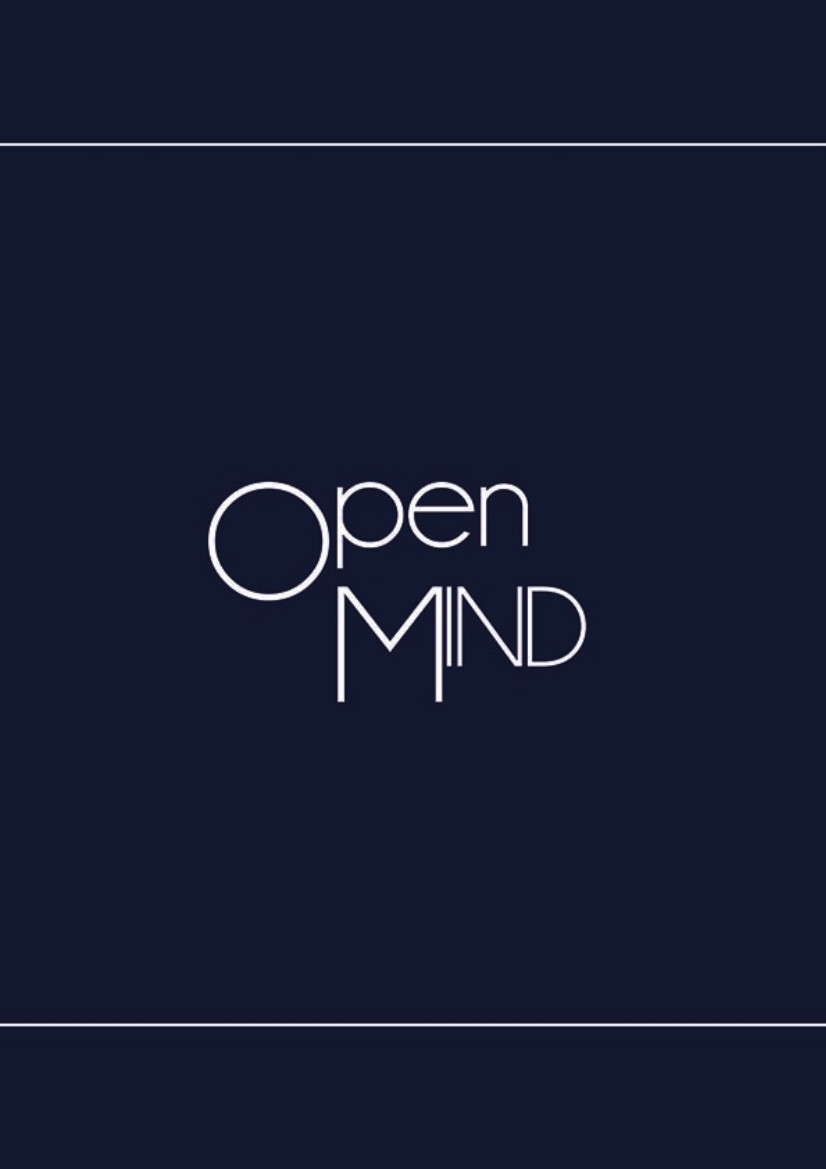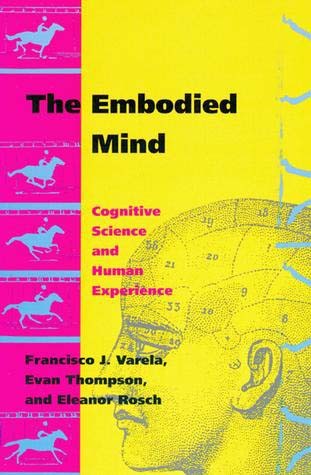Thomas Metzinger, Jennifer M. Windt (eds.): Open Mind (2015)
Filed under book | Tags: · brain, cognition, cognitive science, consciousness, ethics, knowledge, memory, mind, neural networks, neurophysiology, neuropsychology, neuroscience, perception, philosophy, thinking

Open Mind is an open access collection of 39 original research publications on the mind, brain, and consciousness.
The contributions were written by 92 junior and senior members of the MIND Group, including internationally renowned researchers working in various areas of philosophy, psychology, cognitive neuroscience and neuroethics. The collection commemorates the 20th meeting of the group.
Thomas Metzinger founded the MIND Group in 2003 to provide young German philosophers with a platform that would help them establish contacts in the international research community and participate in the latest developments in contemporary philosophy of mind. An ever-changing group of advanced undergraduate students, doctoral candidates, and young researchers from different countries meets twice a year in Frankfurt am Main.
Publisher MIND Group, Frankfurt am Main, January 2015
Open Access
ISBN 9783958571020
c1578 pages
Project website
Book announcement
Individual papers (HTML, PDF, EPUB)
single PDF (78 MB)
single EPUB (284 MB)
Michel Meulders: Helmholtz: From Enlightenment to Neuroscience (2001/2010)
Filed under book | Tags: · 1800s, biography, empiricism, enlightenment, history of science, music, neurophysiology, neuroscience, physiology, psychology, science, vision

“Although Hermann von Helmholtz was one of most remarkable figures of nineteenth-century science, he is little known outside his native Germany. Helmholtz (1821-1894) made significant contributions to the study of vision and perception and was also influential in the painting, music, and literature of the time; one of his major works analyzed tone in music. This book, the first in English to describe Helmholtz’s life and work in detail, describes his scientific studies, analyzes them in the context of the science and philosophy of the period—in particular the German Naturphilosophie—and gauges his influence on today’s neuroscience.
Helmholtz, trained by Johannes Müller, one of the best physiologists of his time, used a resolutely materialistic and empirical scientific method in his research. This puts him in the tradition of Kant and the English empirical philosophers and directly opposed to the idealists and naturalists who interpreted nature based on metaphysical presuppositions. Helmholtz’s research on color vision put him at odds with Goethe’s more romantic theorizing on the subject; but at the end of his life, Helmholtz honored Goethe’s contributions, acknowledging that artistic intuition could reveal truths about the human mind that are inaccessible to science.
Helmholtz’s work, eclipsed at the beginning of the twentieth century by new ideas in neurophysiology, has recently been rediscovered. We can now recognize in Helmholtz’s methods–which were based on his belief in the interconnectedness of physiology and psychology–the origins of neuroscience.”
Originally published as Helmholtz: Des lumières aux neurosciences, Odile Jacob, Paris, 2001
Translated and edited by Laurence Garey
Publisher MIT Press, 2010
ISBN 0262014483, 9780262014489
235 pages
PDF, PDF (updated on 2018-8-5)
Comments (2)Francisco Varela, Evan T. Thompson, Eleanor Rosch: The Embodied Mind: Cognitive Science and Human Experience (1991)
Filed under book | Tags: · body, cognition, cognitive science, connectionism, mind, neuroscience, perception, phenomenology, philosophy, psychoanalysis, self

“Although the scientific study of the mind has developed rapidly in recent years, it has devoted little attention to human cognition understood as everyday lived experience. The Embodied Mind corrects this imbalance within cognitive science by providing a deep and sophisticated treatment of the spontaneous and reflective dimensions of human experience. Varela, Thompson, and Rosch argue that it is only by having a sense of common ground, between mind in science and mind in experience that our understanding of cognition can be more complete. To create this common ground they develop a dialogue between cognitive science and Buddhist meditative psychology and situate this dialogue in relation to other traditions, such as phenomenology and psychoanalysis.
The dialogue proceeds in five parts. The first introduces the two partners and explains how the dialogue will develop. The second presents the computational model of mind that gave rise to cognitive science in its classical form. The authors show how this model implies that the self is fundamentally fragmented and introduce the complementary Buddhist concept of a nonunified, decentralized self. The third shows how cognitive science and Buddhist psychology provide the resources for understanding how the phenomena usually attributed to a self could arise without an actual self. The fourth presents the authors’ own view of cognition as embodied action and discusses the relevance of this view for cognitive science and evolutionary theory. The fifth considers the philosophical and experiential implications of the view that cognition has no foundation or ground beyond its history of embodiment and explores these implications in relation to contemporary Western critiques of objectivism and the nonfoundationalist tradition of Buddhist philosophy.”
Publisher MIT Press, 1991
ISBN 0262720213, 9780262720212
328 pages
PDF (updated on 2020-4-17)
Comments (3)
